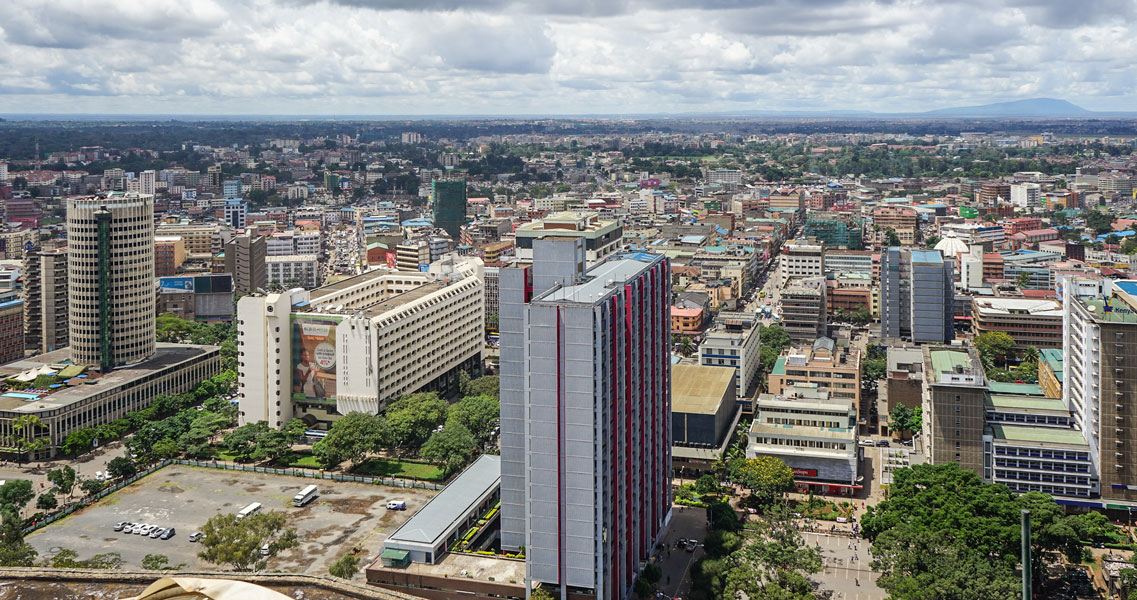
The Islamic population in Kenya makes up approximately 10.9% of the overall population. Given the marginal numbers, the county’s historical legislative efforts have not had a sharp focus on Shariah-related laws. In fact, to date, the only substantive law that is Islam-centerd is the Kadhis’ Courts Act Chapter 11
of the laws of Kenya, which was meant to make provisions for certain matters under the constitution.
Notably, the constitution recognizes the application of Shariah law to personal matters only, and therefore, the said courts were established for the determination of questions of Muslim law relating to personal status, marriage, divorce and inheritance, and only if, all the parties to the proceedings profess the Muslim religion. The same Act stipulates that the Kadhis’ Courts are subordinate to the High Court, and that their jurisdiction over those matters is not exclusive.
Review of 2023
Setting the stage for a unified Islamic finance regulation in Kenya From the foregoing, it is clear that as of the year 2023, there are no codified Islamic laws in Kenya to guide even the proceedings of the Kadhis’ Courts in personal matters, let alone in the sphere of Islamic finance.
Therefore, when the concept of Islamic finance took center stage as a prospective way of funding ventures, the main legislative challenge has always been that there is no enabling law since Shariah compliant instruments have been generally uncommon in the region. In fact, the Central Bank of Kenya Act, which regulates all commercial banks, does not mention Islamic finance at all.
While Islamic banks have been regulated by the central bank just like any other commercial banks, matters relating to Islamic finance were left to ministerial adhoc orders and scanty legal pronunciations, posing the question whether the existing Islamic banks in Kenya can be strictly upheld to their status through a religious lens.
The year 2023 in Kenya has been both challenging and instrumental in demonstrating to the lawmakers how Islamic finance can be useful to the economy. The last 10 months specifically have seen the deliberate exploration of Islamic financial institutions as an alternative way of cushioning the country from a looming economic crunch.
Specifically, when the government considered the issuing of a sovereign Sukuk facility as a way of repaying some of its liabilities, especially under a US$2 billion eurobond, this never saw the light of day due to a myriad of legal challenges and the lack of well-versed transactional advisors in the country.
This therefore paved the way for the lobbying of Islamic finance legal interventions, mainly through the proposal to amend certain provisions of the Central Bank of Kenya Act through the Central Bank of Kenya (Amendment) Bill 2023 (Bill). For the first time in Kenyan law, this Bill seeks to provide for the definition of Islamic banks as well as Islamic financial institutions. This had been remarkably missing in Kenyan laws.
Further, in order to provision for a budget for the development of the sector, the Bill seeks to establish a Shariah Advisory Council which will be responsible for formulating and monitoring policy to regulate the licensing and supervising of Islamic banks and Islamic financial institutions.
The amendment of this principal Act will empower the Central Bank of Kenya to make sector-specific regulations in the licensing and supervisory of Islamic banks and Islamic financial institutions in the country. This will present a united regulatory front for the institutions, far from the previous scenario where the institutions had to look at multiple legal pronunciations in an attempt to find operational legitimacy and legal guidance on some of the peculiar aspects of Islamic finance.
In September 2023, the Capital Markets Authority followed suit by allowing the first-ever Islamic bond in Kenya to tap into Shariah compliant financing for affordable housing. The issuer, Linzo Finco Trust, is desirous of supporting the government’s affordable housing program, and targets to raise US$20 million to build approximately 3,069 housing units. The expected return on the bond is 11.13%.
While presenting a huge step toward achieving affordable housing in the country, the Capital Markets Authority also acknowledges that the issuance of the Sukuk will diversify the country’s capital markets
which in return will provide all-inclusive investment pathways for both local and foreign investors.
Preview of 2024
In the coming year, we expect to continue seeing an evolution toward a sustainable and all-inclusive economy. The further development of financial markets to offer Islamic products and services through the
Capital Markets Authority, and the successful empowerment of the Central Bank of Kenya to regulate Islamic institutions will play a key role to achieve this.
A lot of hope is pegged on the passing and adoption into law of the Central Bank of Kenya (Amendment) Bill 2023. The success of the current Sukuk under the Capital Markets Authority and also the successful issuance of similar instruments will set the tone for the upshoot of Islamic finance in Kenya.
Conclusion
Even though Kenya as a country has historically lagged behind in fully recognizing the potential benefits of Islamic finance, the current focus reveals concerted efforts to catch up with the concept, and to fully actualize an inclusive financing framework that enables the seamless functioning of the target institutions.